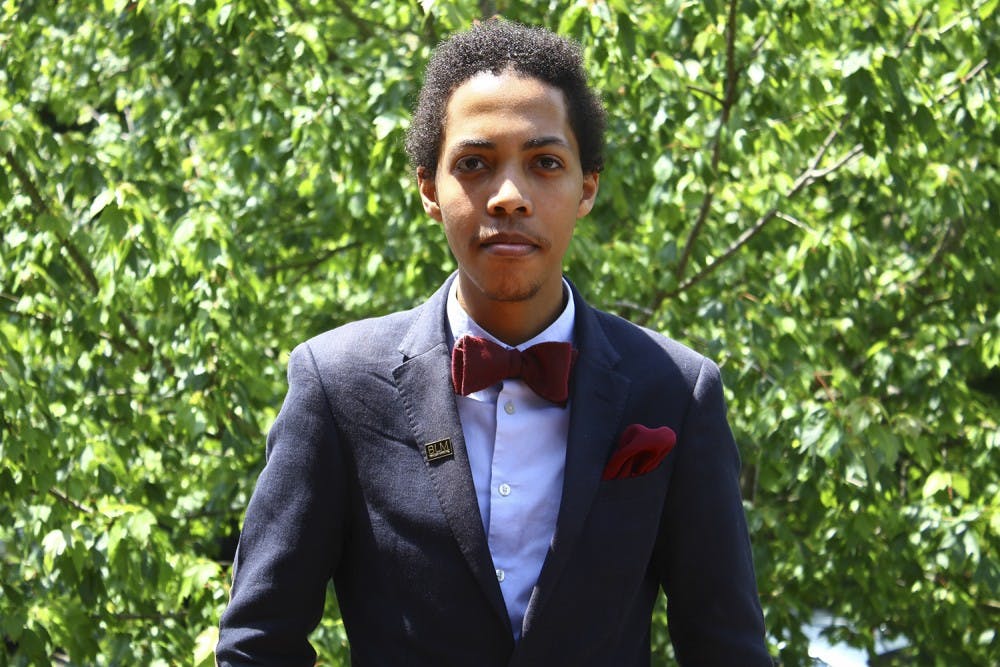On June 16, 2014, Jeremiah Heaton planted a flag on a plot of land between Sudan and Egypt, physically claiming “the very last piece of Earth unclaimed by any Nation or man.”
In an interview with The Guardian in summer 2014, Heaton said, “I feel confident in the claim we’ve made. That’s the exact same process that has been done for thousands of years. The exception is this nation was claimed for love.”
As if love and colonial violence are mutually exclusive.
Disney has begun to produce a project of colonialism — a feature film inspired by Heaton’s actions.
Not long after Disney’s announcement, the Twittersphere exploded with responses. Users tweeted with the hashtag #PrincessOfNorthSudan.
The act of him planting a flag symbolizes years of colonial violence. This declaration is a classic case of white entitlement and ahistorical perceptions of reality. His actions are without critical insight and erase the history of colonialism.
Immediately people respond to these allegations of racism with questions surrounding the intentions involved rather than the context and impact. People ask, “Why would anyone condemn a father fulfilling his daughter’s dream?”
Why? It doesn’t matter. It is inconsequential that he did it to please his daughter.
What Heaton and many other white people fail to realize is that racism does not require ill intent. Heaton’s actions don’t have to be blatant to be racist. Racism often operates within the unconscious mind, and it is this lack of intentionality that makes it so destructive.



